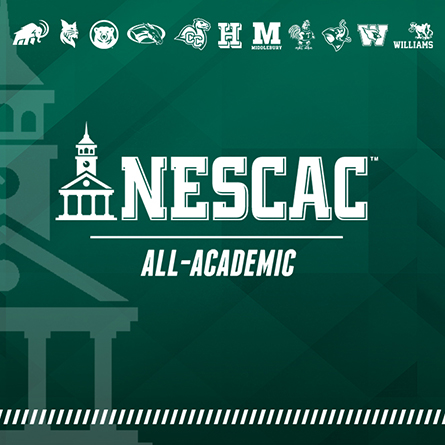.jpg)

A Holiday Message from President Chapdelaine

103 Camels named to NESCAC Fall All-Academic Team

Conn opens International Student Lounge

November in Pictures




Marketing and Communications
Mailing Address
Connecticut College
Office of Marketing and Communications
270 Mohegan Ave.
New London, CT 06320
Campus Location
Becker House
Office Hours
M-F 8:30 a.m - 5 p.m.